The New Jersey Department of Agriculture issued a quarantine on Oct. 26 for more than 1,000 horses at Monmouth Park Racetrack, in the wake of positive test results for the neuropathogenic strain of the equine herpes virus.
At least four horses have been tested over the past several days after they began exhibiting fevers. Those four, and other horses at Monmouth Park that have had contact with those horses, have been separated from the rest of the equine population there and are in designated quarantine barns. All horses in the quarantined barns at the park will not be permitted to move to other facilities, until they have shown no indications of the disease for at least 21 days.
The horses which are not exhibiting signs of the disease and which have not had contact with horses that are sick will be permitted to move only to the Meadowlands for racing there, but are not allowed to move to other facilities. All movement must be conducted using strict biosecurity measures, such as cleaning and disinfecting transport vehicles both before and after movement of a horse and prohibiting the sharing of equipment between horses unless absolutely necessary.
“Although not harmful to humans, the neuropathogenic form of equine herpes is a very serious and often fatal disease for horses, so we must take these cases very seriously,” New Jersey Secretary of Agriculture Charles M. Kuperus said. “We are in continual contact with personnel from the New Jersey Sports and Exposition Authority, which operates Monmouth Park and the Meadowlands, and are working cooperatively with them to address this situation. The equine sector is a very important part of our agricultural landscape. While we understand this may be an inconvenience to the owners of these horses, we must take the necessary precautions to avoid the spread of this disease.”
State veterinarian Dr. Nancy Halpern said her office has received verbal confirmation from a laboratory in Kentucky of the positive results.
“This is a very contagious equine disease and we must be extremely careful in allowing possibly infected horses to come into contact with healthy horses,” Dr. Halpern said. “We must control the spread of this disease for the health of the horses at the track and in the state and country. That is why we have instituted the quarantine. We are doing everything we can, within the bounds of what science tells us is appropriate, to allow for movement as soon as possible.”
The EHV-1 organism spreads quickly from horse to horse and can cause respiratory problems especially in young horses, spontaneous abortions in pregnant mares, and the neurological form of the virus can reach high morbidity and mortality rates. The incubation period of EHV-1 is typically two to 10 days.
